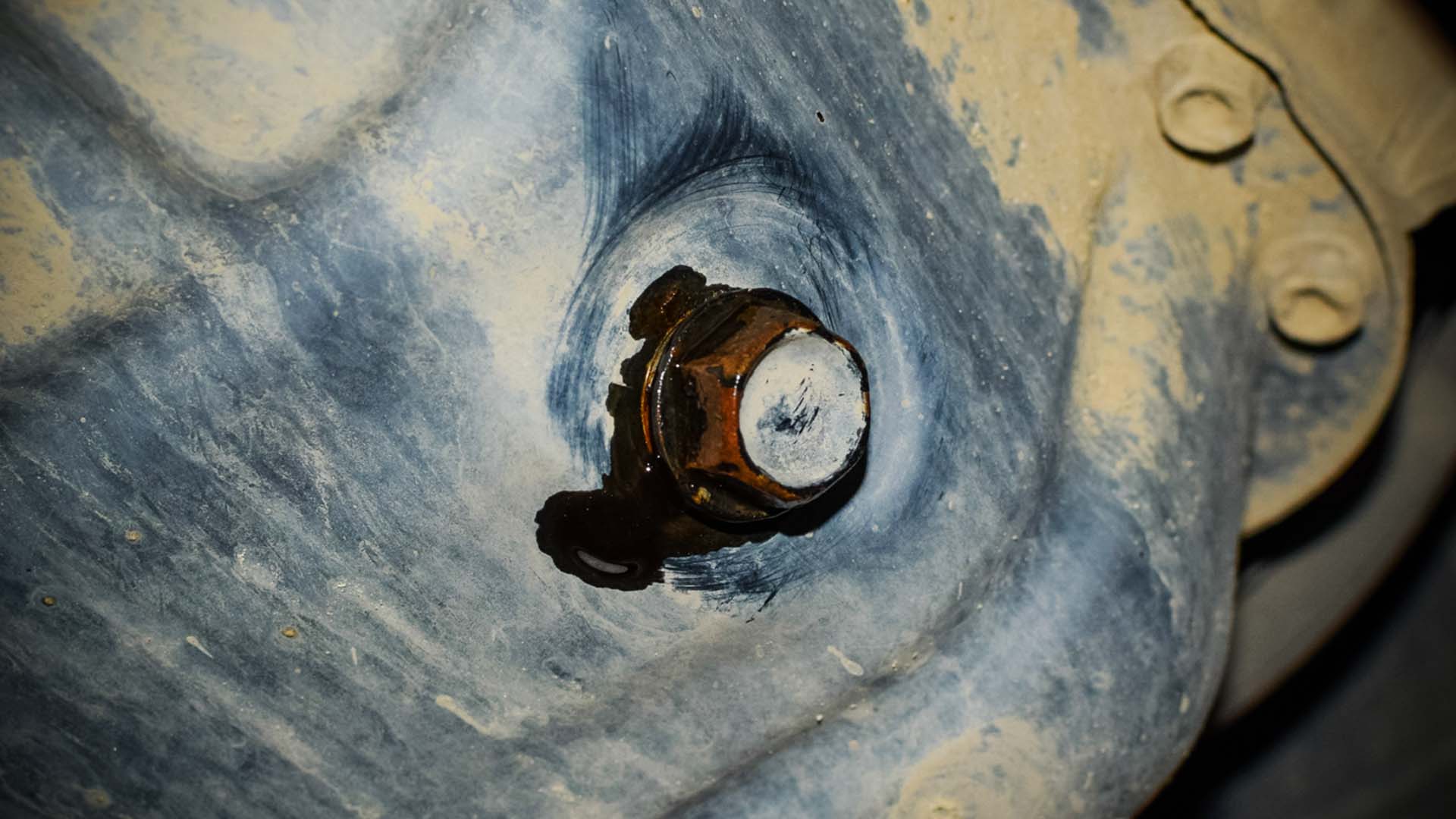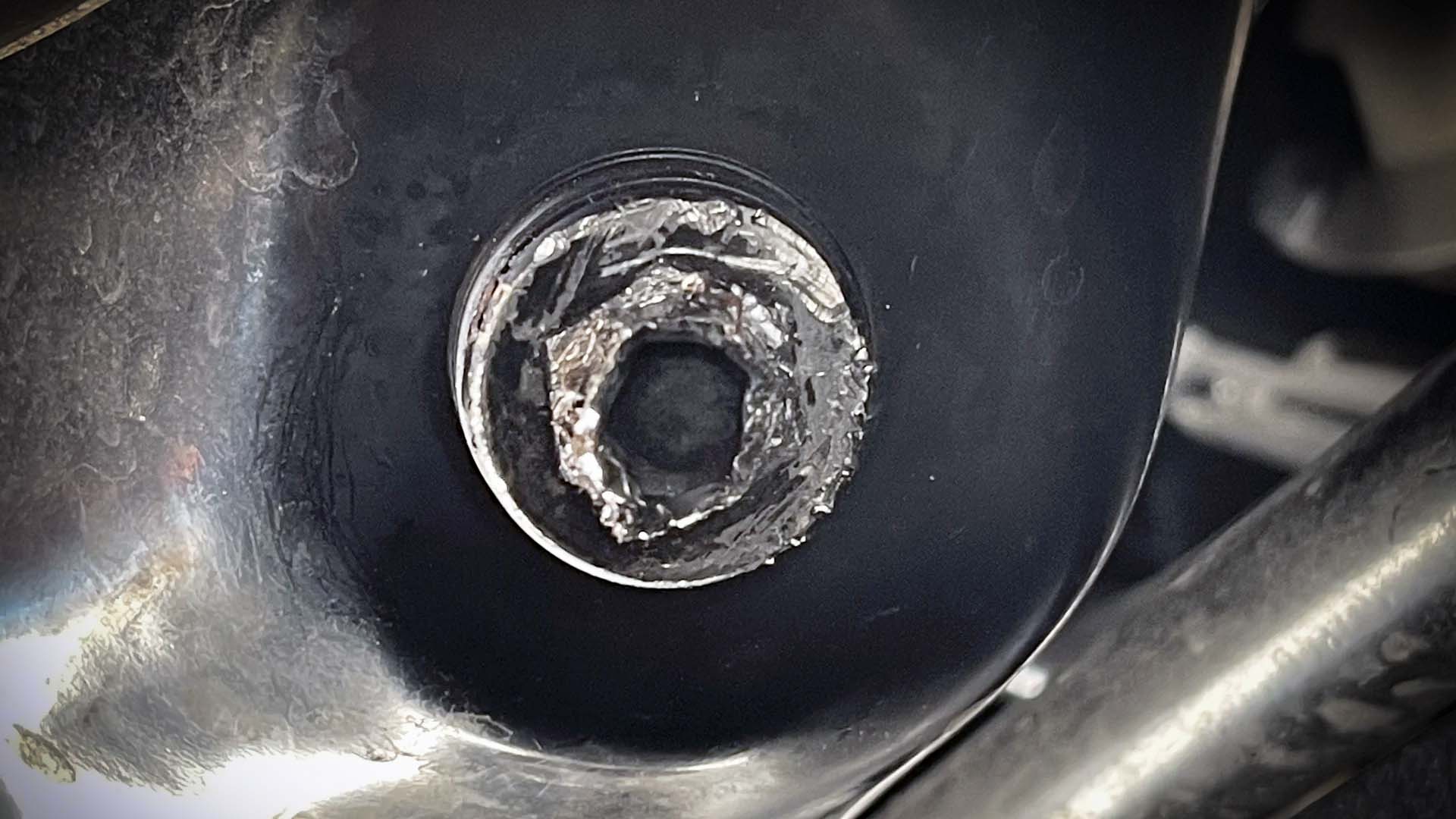“Drive it ‘til the wheels fall off” isn’t the safest decision. So when does it end?

Picture this: it’s an unremarkable day at work, and you’re busy crossing lines off your to-do list. Suddenly, a recent customer returns and ruins your day with the following words. “Ever since you worked on my car…”
Look, nobody’s perfect. If you make a mistake that results in a problem with a customer’s car, you resolve the issue, deal with the consequences, hopefully learn a little something from the experience, and move on. But your responsibilities don’t end there. As an auto repair professional, you’ll see and know things about a vehicle that its owner(s) never will. And unless the vehicle in your bay has never been serviced or repaired anywhere else (including DIY repairs!), you need to pay attention… or pay the price. Here’s a cautionary tale to consider.
A coworker recently walked out to her crossover, only to find an ominous puddle of oil underneath it. When the dipstick revealed that the engine oil was dangerously low, she had it towed to a local shop for repairs. (Let’s call them Shop A). A different shop (Shop B) did an oil change on the vehicle a few weeks previously, which may or may not be relevant here. Shop A’s diagnosis? A crack in the oil pan had caused the sudden oil loss. This was surprising to my coworker, since she hadn’t done anything with the vehicle that would crack a pan. No offroad trails, no sweet jumps, no accidents. Also, she does not work on her own vehicle.

Overtightening a drain plug is a rookie mistake. But hiding a mistake from a customer, or the boss, is not the solution. Photo: Mike Apice.
My entire job is focused on broken car parts, so I asked my coworker if she could have Shop A leave the broken pan with her so I could look at it. When the oil-soaked box arrived at my desk, I flipped the pan over to look for a hairline crack, a defect in the materials, or some sign of impact. Instead, I was greeted by a fat smear of RTV, a partially rounded oil drain bolt, and a heavily punished crush washer. I do not believe this pan died of natural causes.
A new oil pan and a few quarts of oil saved this crossover’s engine, but this situation never should have happened. In the first place. One simple rule could have avoided a lot of cost and frustration, not to mention a loss of trust. That rule? “If you see something, say something.”

Your customer should know about damage like this. And your shop shouldn’t be blamed for someone else’s hack job. Photo: Mike Apice.
The articles and other content contained on this site may contain links to third party websites. By clicking them, you consent to Dorman’s Website Use Agreement.
Participation in this forum is subject to Dorman’s Website Terms & Conditions. Please read our Comment Policy before commenting.